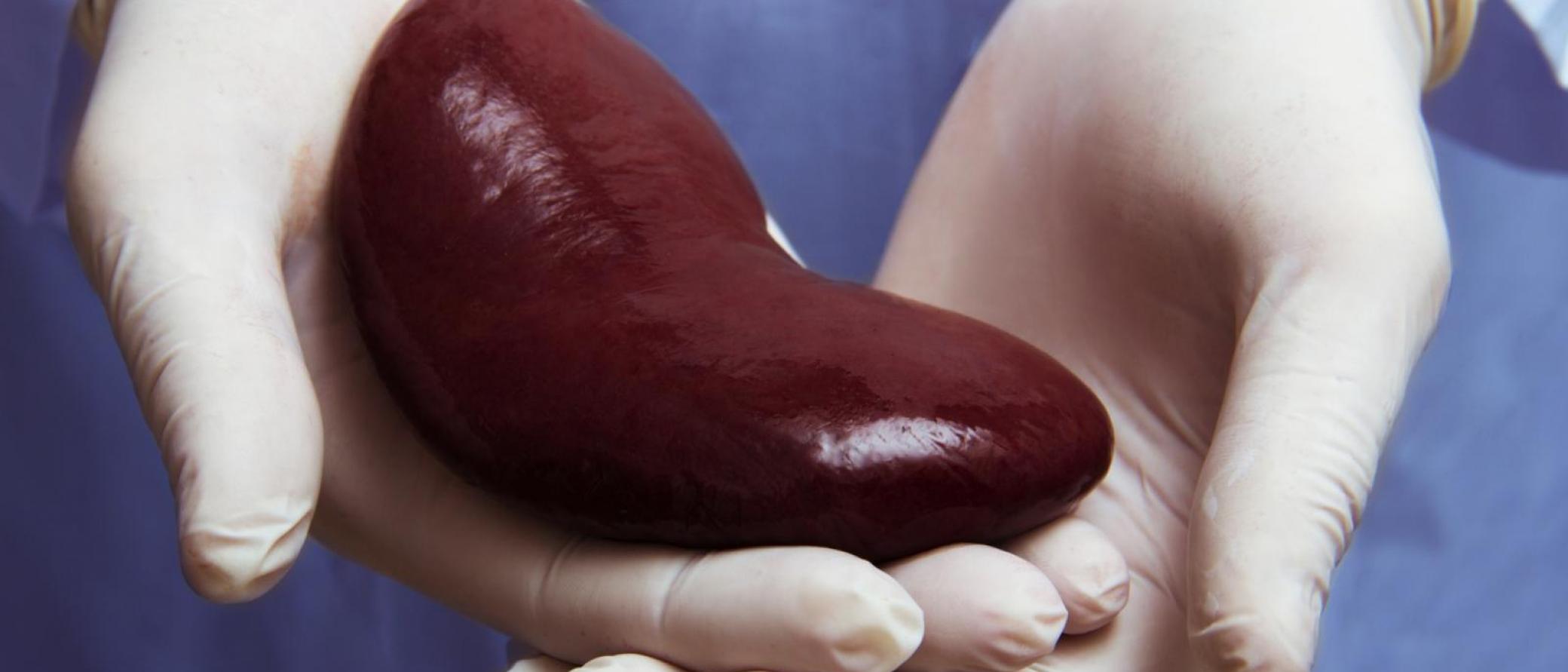Transplant centers may be ignoring such secret sauce determinations. A new analysis of 11 centers between 2015 and 2019 found that 78 percent of kidneys offered to these centers were not placed with candidates at the top of the list of around 6,000 transplant candidates – which meant 4,700 transplants.
The centers’ secret sauce includes organ quality as the reason not to place it with the top candidates, if a better organ is likely coming soon, based on well-known probabilities, they want that for the top of the list, it means likely better outcomes, but the authors of the new paper suggest this ‘list diving’ is harming patients and contributing to racial and socioeconomic disparities. They contend list diving occurs with little oversight and transparency, though health care is government-controlled, hyper-regulated, and practices defensive medicine to try and head off inevitable nuisance lawsuits by malpractice attorneys. While everyone says doctors should decide, this paper believes that the list should be obeyed and doctors forced to follow it.

Should a patient down on the list arbitrarily be forced to wait longer? A lower-quality organ for a lower-priority candidate offsets the lower organ quality. Someone who drank themselves into cirrhosis or is well-aged isn’t benefiting the way someone healthier or younger would be. The authors contend that if only 44 percent of the highest-quality kidneys went to the top of the list, then health care needs even more micro-management then the oppressive regulation and oversight we have now, which has caused costs to rise 400 percent in the last 12 years, and poor people in California to dread being asked if they are using Obamacare because they may not get to see the doctor they want at all, and with no improvement in outcomes for more than .07 percent of the public.
The authors note that doctors are often making the choices we say they should make but the authors frame it as ‘doctors are making decisions without telling patients.’ Yet we know that a patient at risk of dying cannot make true informed consent. A series of trachea transplant patients, using the patients’ own stem cells, in Scandinavia got the researcher thrown out despite its successes because the patients were likely to die and it was determined they could not give informed consent. Then the university said they died anyway, which gave them further cultural ammunition.
Lastly, the authors suggest that doctors may be bigots, which is both unwarranted and without merit. Should you waste a great liver on a raging alcoholic? A great kidney on someone with morbid obesity? Just because they are higher on a list? They suggest that if the race of that patient is different than the decision-maker that it could be racism, and that means another check-box for doctors, and another thing predatory lawyers are using to ‘hold medicine accountable’ while buying a new yacht.
No system is perfect. Making a flawed system worse is what happens when more government and lawyers get involved.
